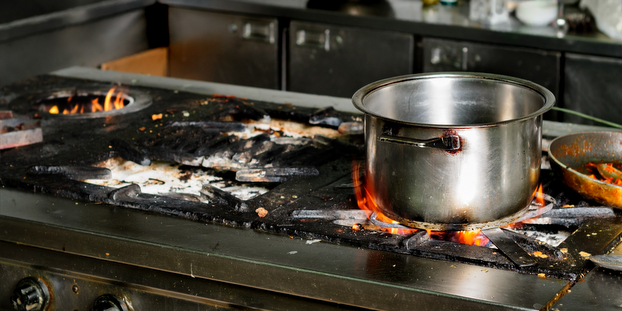
Surprise visits — like one from your in-laws — are often inconvenient and uncomfortable. But a surprise visit to an unprepared craft brewery from the U.S. Food and Drug Administration can be far worse. An FDA visit can wreak havoc on the business, shutting it down or even leading to criminal prosecution if serious violations are uncovered.
In 2011, President Barack Obama signed the Federal Food Safety Modernization Act, subjecting breweries to FDA regulation. Now, regulation of the industry is shared by the FDA and the Treasury Department’s Tax and Trade Bureau. The regulations are still taking some getting-used-to for craft brewers whose main focus is on brewing beer rather than regulations.
So, what does this mean for craft brewers? Essentially, every brewery must register with the FDA and therefore any brewery is subject to random FDA inspections without warning. A poor report card for an unprepared brewery could lead to hefty fines, costly repairs, lost revenue due to business interruption or reputational damage, legal action or a temporary or permanent shutdown.
Understanding the rules and playing by them is the best way for a craft brewery to prepare for and pass an unsolicited FDA inspection. In this article, we detail some unfortunate brewery FDA inspections, as well as tips on how to keep a brewery safe from a ruinous FDA inspection report.
Examples of the unprepared
While proper preparation is key to ensuring a glowing report from the FDA, mistakes do happen. We don’t know if the following breweries were on top of their game in terms of preparing for an FDA inspection, but it doesn’t appear so. One thing we know for sure is that it’s no fun to get caught.
This past fall, a Colorado brewery was visited by the FDA and cited with 13 violations. The brewery was cited for employees not washing hands, improperly handling food with bare hands, leaving utensils in standing water, and an unclean ceiling above the food prep table.
In December, a brewery in Illinois failed its FDA inspection. The report claimed the brewery had no pest log to prove rodent or pest control in place and no food sanitation report. The report also claimed pipe fittings and electrical outlets were not properly sealed and that a required chemical test kit for the dishwashing machines was not available. The brewery has since passed a second inspection in January.
In late 2016, an employee’s failure to wear a hairnet over his beard contributed to a poor FDA inspection for a Georgia brewery. The brewery was cited for the hairnet violation, as well as for grease build up in the kitchen and moldy cheese stored for use.
Tips to protect barrel-aged beer during the brewing and aging process
Know the facts
For breweries who want to avoid FDA citations, knowledge and preparation are key. The Brewers Association provides its members with a useful guide of Good Manufacturing Practices for Craft Brewers. These guidelines help to keep a brewery in compliance with FDA standards. They offer recommendations on obtaining quality raw materials, identifying product quality control issues, maintaining quality laboratory tests, and meeting sanitation and labeling requirements.
To prepare for an impromptu FDA inspection:
1. Designate a host who can accompany the inspectors on a tour of the facility.
2. Keep up-to-date documents on-hand.
3. Inform and train staff of proper food hygiene and safety processes, revisit that training regularly, and maintain records of that training.
4. Label everything in the brewery from food to grains to cleaning solutions.
5. Maintain proper sanitation. Keep tanks clean and pipes sealed. Maintain clean washing facilities, kitchens, and restrooms. Ensure tap water is potable and hot water is available.
While following these tips is helpful, there is much to learn about specific requirements of the FDA. The Brewers Association is a great place to start to find detailed checklists for best practices concerning everything from equipment to sanitation to processes and personnel.
For even more expertise, consider looking to a specialty insurer who knows breweries. Their job is to protect breweries from unexpected incidents but also to help them mitigate risk and stop accidents before they happen. A good insurer can provide checklists to help a brewery prepare for an FDA inspection.
Not only will preparing for an FDA visit help a brewery gain a favorable report, it will keep the employees and the facility safe and ready for customers to have a memorable experience drinking craft beer and enjoying fare from the brewery’s kitchen.
This great article was sent over from Paul Martinez, Brewery Pak Program Manager, Pak Insurance Programs. Martinez has 20 years of commercial insurance experience and six years of experience underwriting breweries. He travels throughout the United States and Canada visiting breweries providing risk management and loss prevention services for the brewery industry.





Leave a Reply
You must be logged in to post a comment.